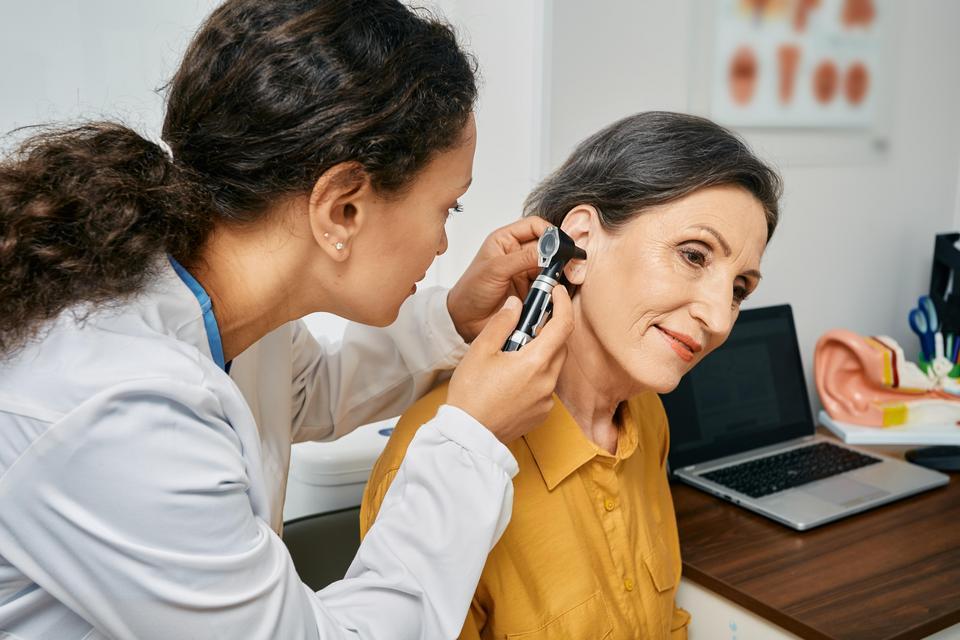Why are Screenings Important?
Health screenings can detect illness, such as cancer, diabetes or heart disease, before symptoms begin. Screenings can be especially beneficial for patients with a family history of certain diseases or risk factors, such as a history of smoking.
Often, screenings find diseases during early stages, when they are most treatable. In fact, the Centers for Disease Control and Prevention estimates that if everyone in the United States received recommended preventive care, including screenings, over 100,000 lives could be saved each year.
Download Your Health Screening Guide
Some of the Screenings We Provide at Altru Health System Include:
Heart & Vascular
Heart and vascular screenings help lower your risk of cardiovascular disease. Providers check your blood pressure, cholesterol, body weight and blood sugar to screen for signs of heart disease. High cholesterol, high blood pressure, unhealthy body weight or high blood sugar could all be signs of heart disease.
Diabetes
The American Diabetes Association states that, currently, providers use preventive screening only for Type 2 diabetes and usually detect Type 1 diabetes after symptoms develop. For Type 2 diabetes screenings, providers may take a fasting plasma glucose, which tests your blood sugar level after you fast for at least eight hours. Your provider may also take an A1c test, which measures your average blood sugar levels over the past three months.
Cervical Cancer
To prevent cervical cancer, women should ask their healthcare provider for a Pap test, which can find cells in the cervix that may lead to cancer. Getting vaccinated against human papillomavirus (HPV) can also help prevent cervical cancer, as HPV causes this condition.
Breast Cancer
Altru’s mammography facility offers leading-edge equipment to screen for breast cancer, including digital mammography, ultrasound and breast MRI. Our screening technology helps providers find early signs of breast cancer. If necessary, a provider can use an image-guided breast biopsy to detect and remove benign or cancerous tumors.
Prostate Cancer
A prostate-specific antigen (PSA) test can help detect early signs of prostate cancer. A simple, quick blood draw from the patient’s arm can measure levels of PSA in the blood, which providers can use to detect prostate cancer early.
Colorectal Cancer
Colorectal cancer mortality rates have been steadily decreasing, according to the American Cancer Society. This is largely due to the availability of colorectal health screening tests, which can detect signs of colorectal cancer in its most treatable stages.
Providers encourage colonoscopy to screen for colorectal cancer, as the test can be diagnostic as well as preventive. However, there are other types of colorectal cancer screenings for people who meet the criteria. Talk with your provider about the best option for you.
Lung Cancer
Lung cancer screenings are done with a low-dose CT scan for patients at high risk of developing lung cancer. A low-dose CT scan can help your provider find abnormal areas in your lungs that may show signs of cancer.
As of now, this test is the only health screening available to detect lung cancer while it’s at its earliest, most treatable stages, but it’s not for everyone. If you are concerned about lung cancer, see our guidelines for who is eligible, or ask your family medicine provider if a lung cancer screening is right for you.
Log in to MyChart or call 701.780.2587 to schedule an appointment with a family medicine provider.








